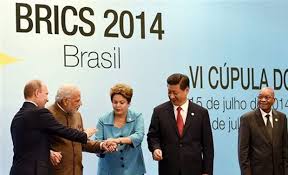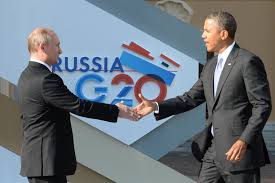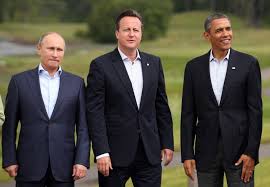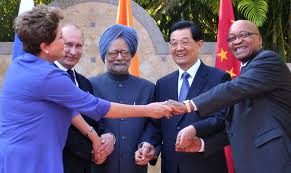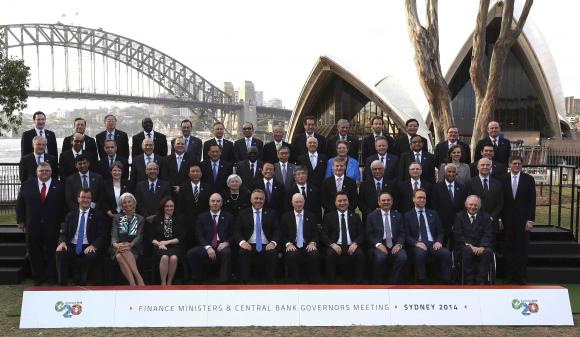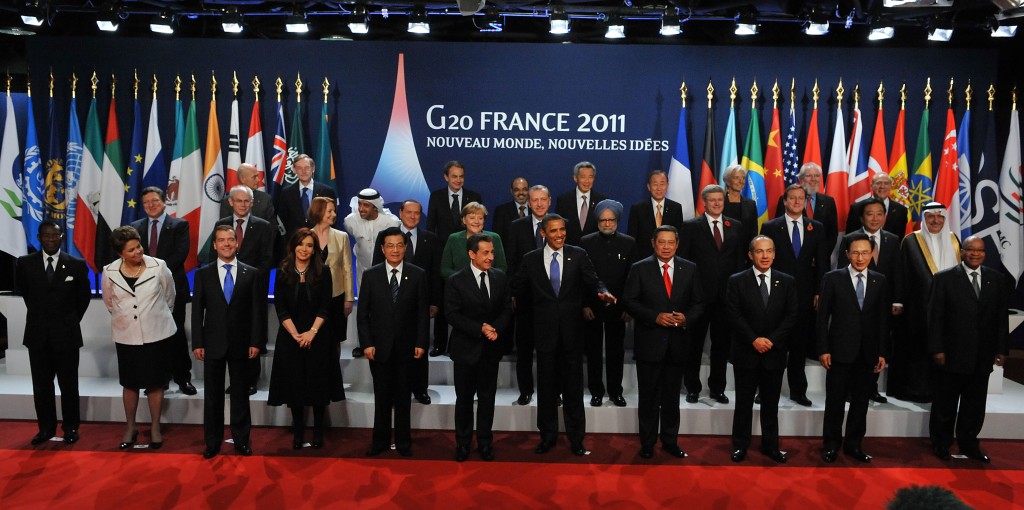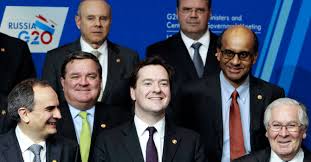

Well I must say, I have a fair bit of catching up to do. Much in the way of travel and international legal action, but not much action on the blog front. Well that is at an end.
And we are approaching as well, if you hadn’t noticed, a milestone event in international relations – the 100th anniversary of the commencement of the “War to End All Wars” – the First World War. If you haven’t noticed, there has been a notable uptick in the number of books on the approach to war and the initiation of World War 1 – August 4, 1914. So I shall be delving into various of these books and articles on this crucial twentieth century event.
Continue reading →

